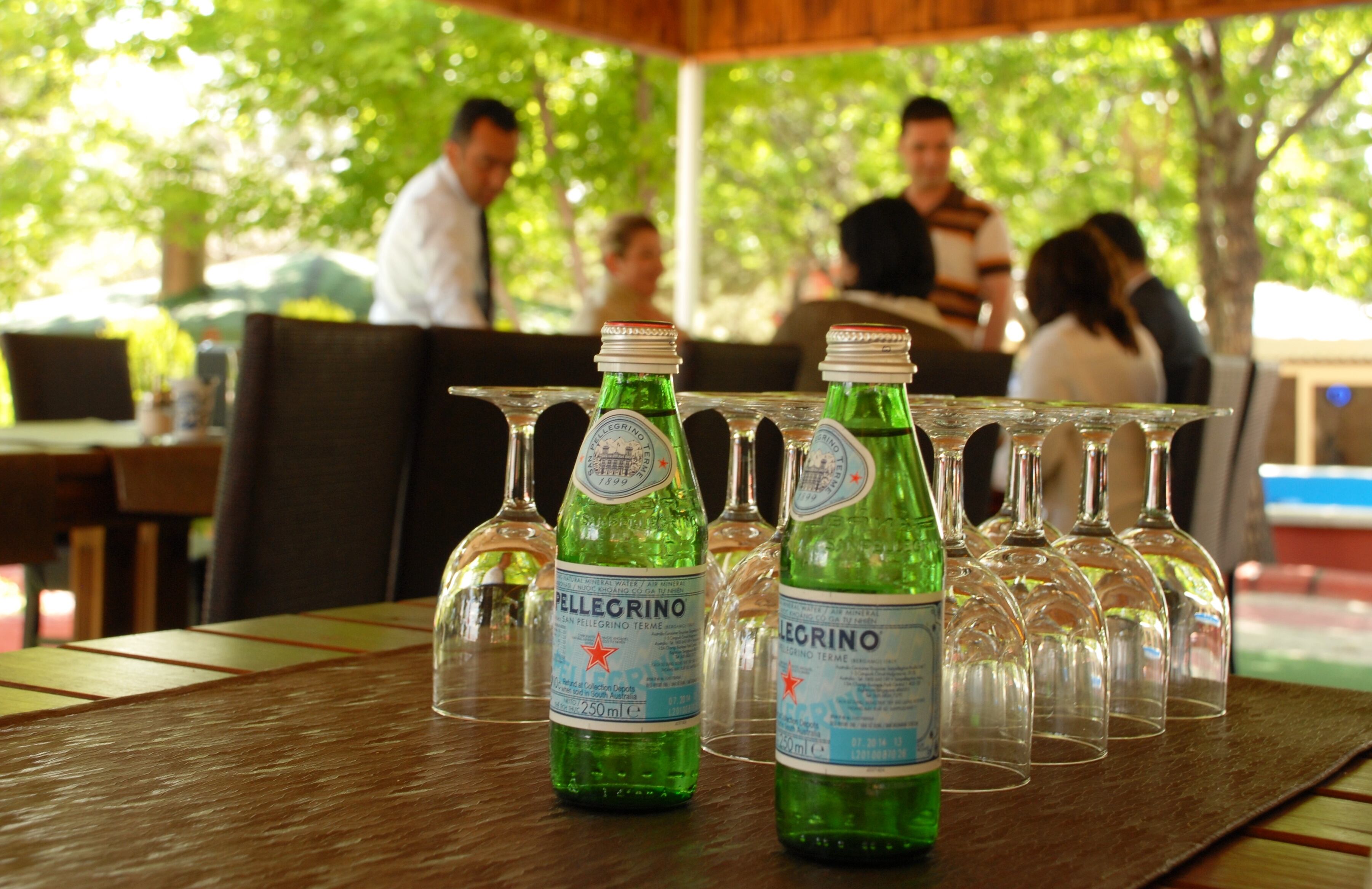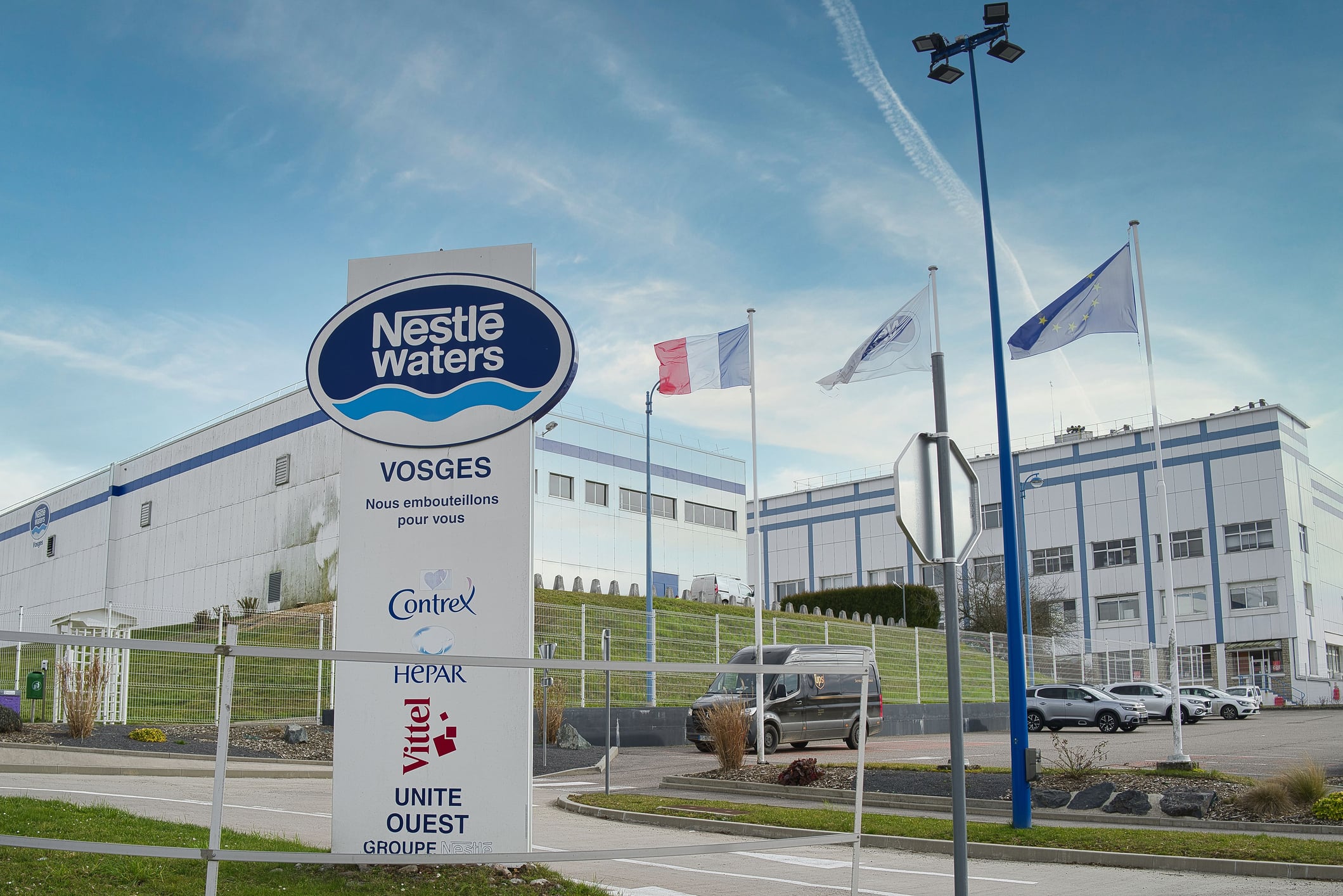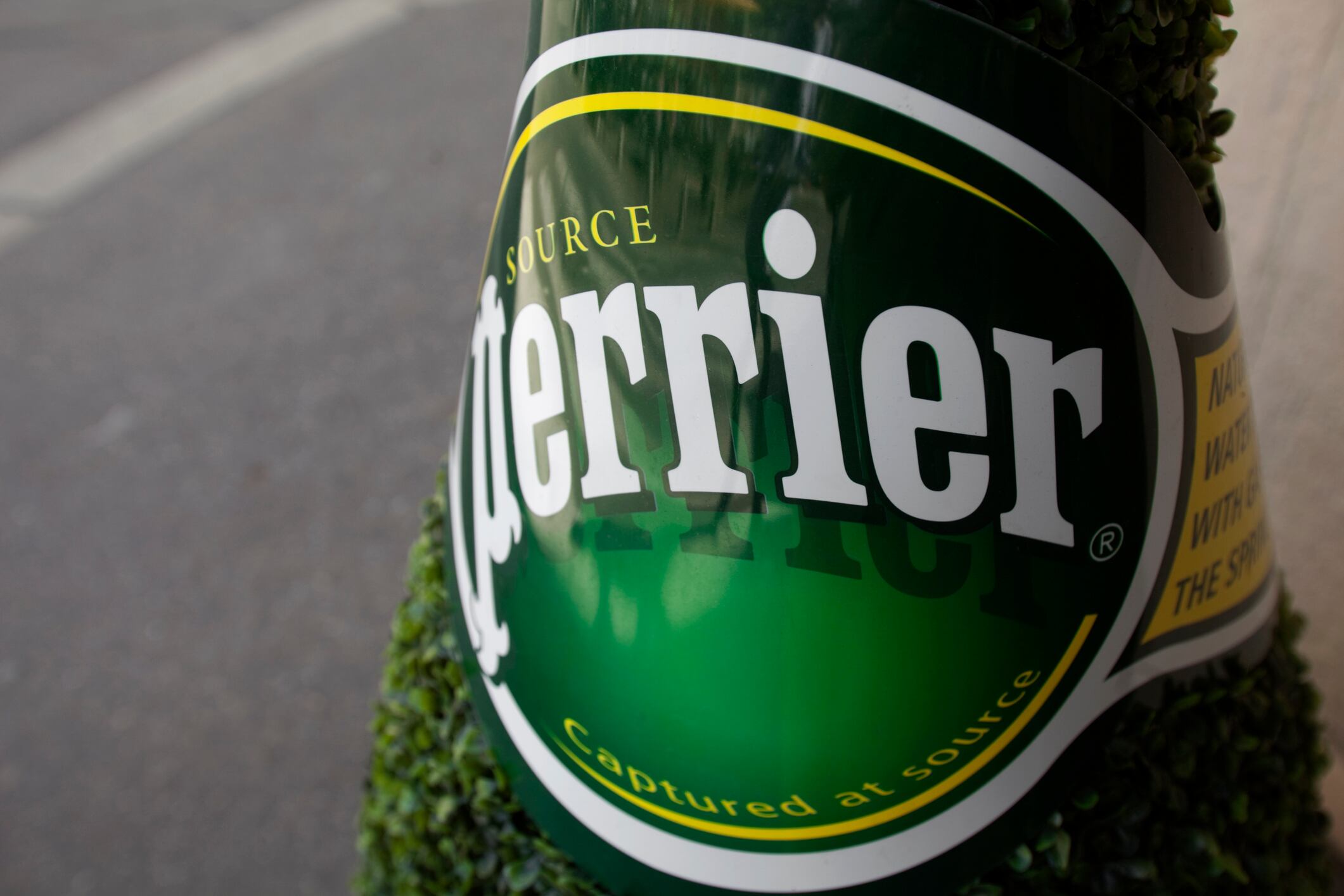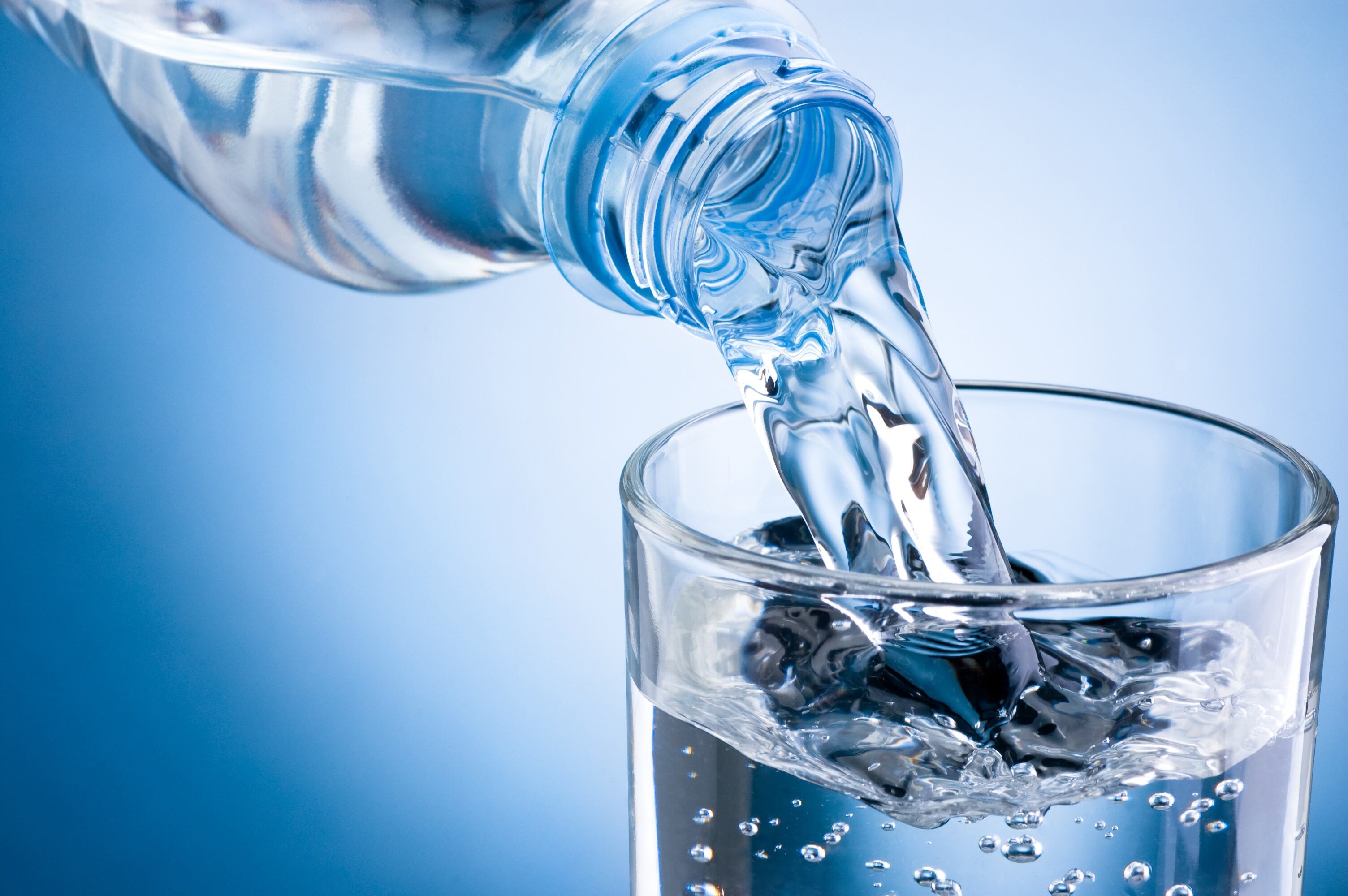Nestlé Waters scandal summary - the key facts
- Nestlé CEO dismissed over scandal, overshadowing deeper water controversy
- French press dubs filtration scandal ‘Watergate’ amid EU law breaches
- Nestlé admits treatments, pays €2m fine to avoid legal action
- Reputation damage has the potential to impact €5bn partial sale of water brands
- Joint venture still possible despite ongoing investigations and consumer concern
Nestlé has found itself in the spotlight this year – and not for the right reasons. The biggest shock came with the dismissal of its CEO over a relationship scandal, a headline-grabbing event that inadvertently overshadowed another crisis brewing within the Swiss multinational.
Dubbed ‘Watergate’ by the French press, the controversy centres on Nestlé Waters, the division behind brands like Perrier, Sanpellegrino, Pure Life and Acqua Panna. And with Nestlé looking to divest part of its stake in these labels, the timing couldn’t be worse.
So, does the Nestlé Waters scandal threaten to derail its quasi-divestment plans?
Nestlé’s ‘Watergate’ scandal: what we know so far
The so-called Watergate scandal relates to banned filtration and “natural mineral water” claims.
Nestlé has been accused of using illegal filtration methods for its mineral water products as a way of masking contamination by bacteria and pesticides. The issue lies in Nestlé’s “natural mineral water” claims – which can’t be made if filtered and treated, according to EU law.
To carry that “natural” claim, mineral water can’t be treated in any way that changes its characteristics.
Nestlé admits to using treatments on mineral waters and agreed to pay a €2m fine to avoid legal action. The company stresses its waters have always been safe to consume.

But even if the quality of the water hasn’t been compromised, it’s difficult to argue that Nestlé’s reputation hasn’t taken a hit – especially if consumers feel they’ve been misled.
Which could be problematic if a business is up for sale, or in this case, partial sale.
And yet, that’s the situation Nestlé finds itself in: the company’s in talks to sell part of its water arm, in a deal that could be worth up to €5bn.
Nestlé in hot water - could a deal still be on the table?
Nestlé doesn’t want to sell off its entire waters business. Rather, it’s exploring ways it can spin the business off into a standalone global entity while retaining a stake. A Partnership opportunity, in the form of a joint venture, is a viable option.
It wouldn’t be the first time a business is sold, or even partly sold, amid a scandal. So how might this kind of crisis impact potential buyers or partners?
“Buyers will look at the risk emanating from the investigation and take a view as to whether or not it could impact the water brands under investigation, and therefore a potential sale,” explains an M&A legal expert.
As to whether it throws a potential deal in jeopardy depends on financial and reputational implications. It’s expected Nestlé would work to reassure a buyer or partner that any fines relating to the investigation would be covered by Nestlé itself – including the €2m fine already imposed.
And then there’s the reputational threat. That would be more difficult to deal with, explains the M&A expert. It could derail the sale unless a potential partner can be reassured otherwise.
Joint ventures don’t wait for investigations to close
What the scandal could mean, is that Nestlé ends up selling off part of the division at a lower price than it would otherwise. That’s a distinct possibility, agrees the M&A expert, if there’s genuine concern about consumer reactions to the scandal.
Importantly, it wouldn’t be the first joint venture set up while an investigation was ongoing. There is precedent, including at Nestlé.

In 2023, Nestlé sold part of its European frozen pizza business to private equity firm PAI Partners, creating a new joint venture. Brands involved include Wagner, Garden Gourmet, and Buitoni.
Just one year earlier, Buitoni became the subject of an investigation in France, when two children who ate Buitoni frozen pizzas died from E. coli. No final judgement had been reached at the time the PAI joint venture was agreed, and the investigation remains ongoing.
So what’s the takeaway? Investigations can drag on, but businesses often can’t afford to wait. While a potential partner for Perrier and Vittel might get cold feet amid the controversy, it doesn’t necessarily mean they’ll walk away. A joint venture for Nestlé Waters could still be on the horizon.



